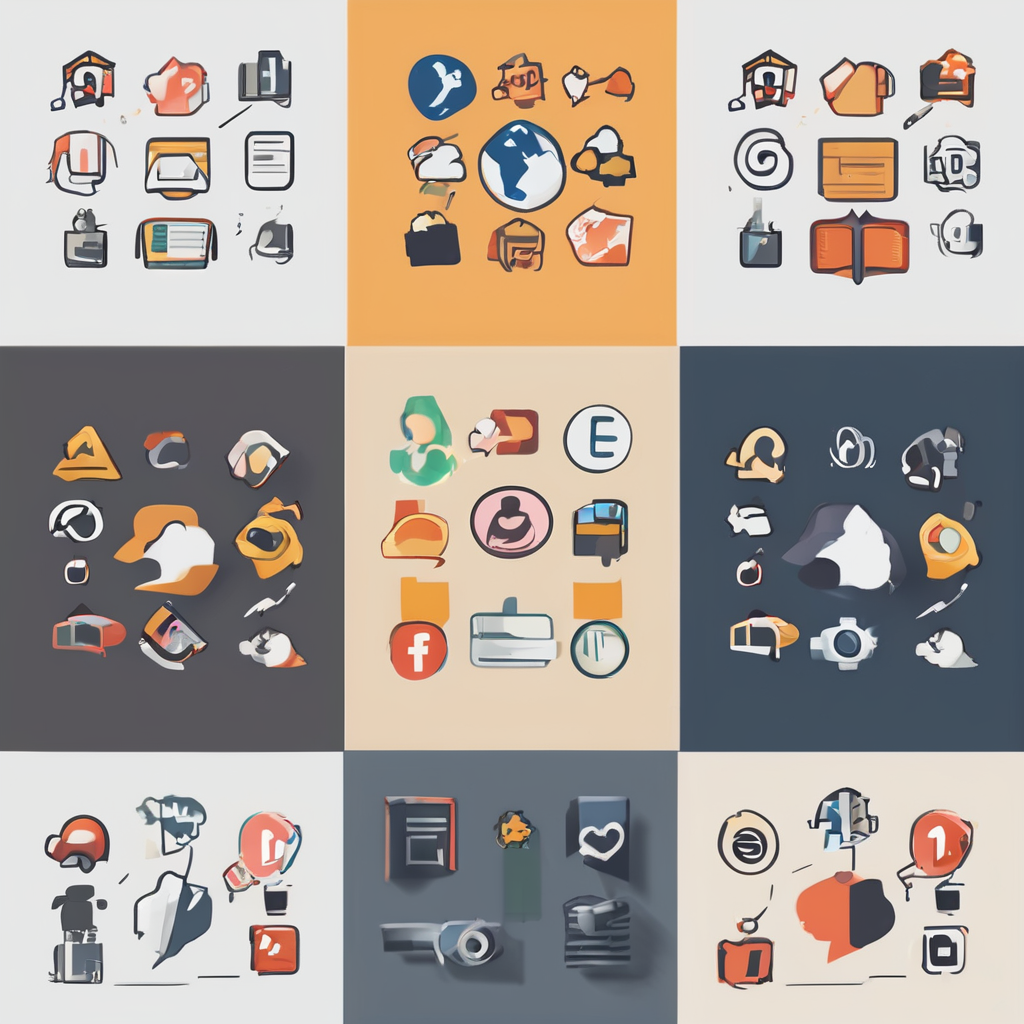Digital Transformation Drivers in the UK Automotive Market
Digital transformation in the UK automotive industry is primarily driven by advances in core digital technologies such as AI, IoT, and automation. These technologies enable manufacturers to improve efficiency, reduce costs, and enhance product quality. For example, AI algorithms optimize supply chains while IoT devices provide real-time data from vehicle systems and factory processes. Automation speeds up assembly lines and minimizes human error.
Market trends reveal a strong motivation behind adopting digital solutions: consumer demand for smarter, safer, and more connected vehicles is rising rapidly. Additionally, regulatory pressures to reduce emissions and improve sustainability push the market towards innovative technologies. According to recent industry statistics, over 70% of UK automotive firms have integrated at least one form of digital innovation, signaling a significant uptake compared with previous years.
In parallel : How are UK car manufacturers responding to the rise of autonomous vehicles?
This shift is not just about technology adoption but also about staying competitive. Companies embracing digital transformation gain advantages in agility and responsiveness, positioning themselves better in the evolving market landscape. As the UK automotive industry continues this trajectory, technological innovation remains the backbone of growth and evolution.
Real-World Applications of Digital Technologies in UK Automotive Manufacturing
Exploring practical implementations shaping the industry
Also read : How Will Artificial Intelligence Transform the Future of the UK Automotive Industry?
Digital transformation has moved from theory to tangible impact in UK car manufacturing through extensive use of automation and robotics. Automated assembly lines reduce manual labor and increase precision, enabling higher output rates while maintaining strict quality controls. Robotics collaborate with human workers to handle repetitive tasks such as welding and painting, ensuring consistency and safety.
Smart factories leverage IoT technologies to connect machines and processes in real time. Sensors monitor equipment performance, predict maintenance needs, and optimize energy use. This interconnected environment also improves supply chain coordination, reducing downtime and costs.
Leading UK manufacturers showcase transformation with intelligent production floors where digital systems guide workflow and resource allocation. For example, data analytics analyze production data instantly, allowing quick adjustments and minimizing waste. These innovations make UK car manufacturing more agile, competitive, and sustainable—key goals of the digital transformation driving the sector forward.
Digital Innovations in Automotive Sales and Services
Discovering how technology reshapes buying and ownership
Digital transformation is revolutionizing automotive retail technology by shifting many UK car sales online. The rise of online car sales platforms provides customers with virtual showrooms, letting buyers explore models, compare features, and even complete purchases digitally. This trend accelerates convenience, reducing the need for physical visits and enabling seamless transactions from home.
Beyond the sale, digital aftersales services are enhancing ownership experiences. Apps and online portals empower customers to book maintenance, access diagnostic reports, or receive tailored service reminders. These digital channels improve service turnaround times and foster stronger customer relationships.
Why does this matter for consumers? They gain greater transparency, faster communication, and personalized support. The evolving automotive retail technology ecosystem not only meets expectations for speed and ease but also integrates post-purchase services into a cohesive digital journey.
Industry reports show a steady increase in consumer preference for these digital options, reflecting changing behaviors. As the UK automotive market embraces these innovations, dealerships and manufacturers must adopt flexible, tech-driven strategies to capture and retain digitally savvy buyers.
Market Impact and Industry Analysis
Digital transformation has significantly influenced the UK automotive market statistics, demonstrating a clear upward trajectory in technology adoption. Recent data shows over 70% of firms embracing core digital innovations, underscoring a widespread shift. This uptake results in improved productivity and enhanced competitiveness across the sector.
Market impact is profound. Experts highlight how industry analysis reveals digital tools boost agility and responsiveness, enabling companies to swiftly adjust to market demands. Such advances reduce downtime, optimize supply chains, and improve product quality—key competitive advantages.
Transformation also shifts workforce skills requirements. The UK automotive market is witnessing a growing demand for employees adept in data analytics, AI, and IoT systems management. This evolution challenges traditional roles, emphasizing reskilling to handle emerging technologies. Firms that invest in training and strategic workforce planning better navigate this change.
Overall, industry analysis confirms that digital transformation is not a short-term trend but a fundamental shift redefining how UK automotive businesses operate, compete, and prepare for the future.
Challenges in Implementing Digital Transformation
Implementing digital transformation in the UK automotive industry faces several significant obstacles. One major challenge is the skills gap; many firms struggle to find employees proficient in AI, IoT, and automation technologies. This shortage complicates integrating new systems and slows adoption rates. Additionally, legacy systems pose technical barriers. Existing infrastructure often requires costly upgrades to support advanced digital tools, impacting budgets.
Another critical concern is cybersecurity. As connectivity increases through IoT devices and smart factories, automakers face heightened risks of cyberattacks that can compromise sensitive data and disrupt operations. Firms must invest in robust security frameworks to mitigate these threats and protect both production lines and customer information.
Regulatory compliance adds complexity. Automotive companies must navigate evolving data privacy laws and industry-specific regulations related to emissions and safety standards. Aligning digital transformation initiatives with these requirements demands careful planning and ongoing monitoring. Understanding these challenges is essential for companies aiming to successfully implement and benefit from technological innovation in a secure, compliant manner.
Future Trends and Strategic Implications
Emerging directions shaping UK automotive transformation
The UK automotive future trends clearly indicate a rapid shift toward connected cars and autonomous technologies. These vehicles integrate more advanced digital systems, leveraging AI and IoT to enable real-time data exchange, enhancing safety and user experience. As consumer demand grows for smarter, safer vehicles, manufacturers must incorporate these technologies to stay competitive.
Industry forecasts predict continuous acceleration in digital transformation, fueled by expanding 5G networks and improved AI capabilities. This evolution will intensify competition, requiring firms to adapt strategies focused on innovation and agility. For example, integrating vehicle-to-everything (V2X) communication systems is becoming essential for future market relevance.
Strategically, businesses must invest in R&D and partnerships that foster technological innovation while addressing regulatory requirements and cybersecurity risks. Consumers will benefit from improved connectivity, personalized services, and safer driving environments. Understanding these future trends equips industry players to anticipate challenges and seize opportunities in the evolving UK automotive market.






